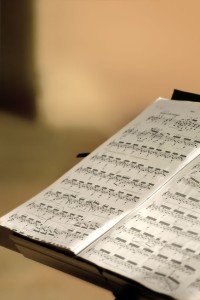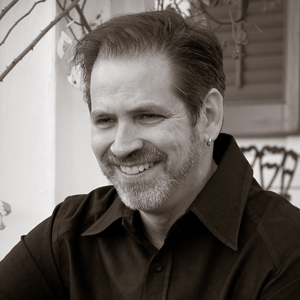 It really isn’t enough to just be able to play the music. What we want is the confidence and control that allows us to play it, understand it, and even feel comfortable varying and modifying it on the fly. We want to be in the moment, with the music as our natural vocabulary, used in a conversation, both with the audience and with our fellow musicians.
It really isn’t enough to just be able to play the music. What we want is the confidence and control that allows us to play it, understand it, and even feel comfortable varying and modifying it on the fly. We want to be in the moment, with the music as our natural vocabulary, used in a conversation, both with the audience and with our fellow musicians.
We have all experienced this “flow” from time to time, seemingly able to calmly supervise the proceedings, unhindered by fast-moving events, panic or confusion. We can control time, at least internally, and place our ideas into this space.
How can we achieve this glorious creative trance consistently?
I don’t think we can do this every time we perform, and even the most renowned artists often say it is a fleeting thing. That said, we can improve the odds that we will be comfortable and assured, even if we can’t expect brilliant moments every time we perform.


